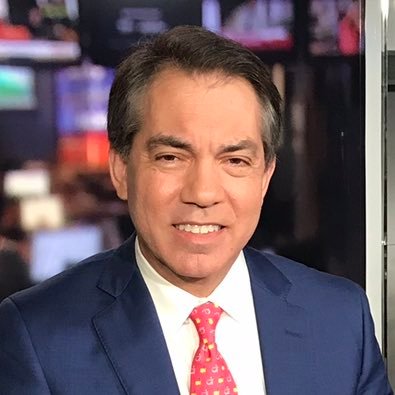Sen. Bernie Sanders, the chair of the Health, Education, Labor and Pensions Committee, and his progressive colleagues in Congress have begun a meritless and wrong-headed crusade against America’s pharmaceutical innovators. While the mission of attempting to tackle high drug prices may sound noble, these statist liberals are doing what they’ve always done: providing air cover for their big insurer-Pharmacy Benefit Manager conglomerates.
Democrats have helped these middlemen rake in record profits in exchange for their unwavering political and financial support. Sanders is now wielding his gavel to harangue individuals who oversee medical innovation and whose companies are exercising their constitutional right to challenge the Inflation Reduction Act’s price controls.
By practically compelling testimony on high drug prices from CEOs, Sanders and his enablers willfully ignore the truly problematic links in the broader drug supply chain.
Sanders made it clear from the beginning that he would not take “no” for an answer, threatening to subpoena the CEOs of drugmakers who have challenged the IRA’s price “negotiation” in court. An attorney for Johnson & Johnson, one of the companies whose CEO was the subject of the potential subpoena, wrote a January 12 letter to Sanders. The letter states that the CEOs chosen to testify “seems unlikely to be coincidental,” noting that the decision “raises significant concerns that the hearing is intended as retribution for the companies’ decisions to exercise their rights to challenge a statute that inappropriately infringes on constitutionally protected freedoms.”
However, a subpoena was not in order and the CEOs agreed to testify in a hearing on February 8. Thankfully, senators on both sides of the aisle supported reforming PBMs’ questionable pricing practices, as many pointed out that these corporate middlemen control the drug market and are incentivized to raise costs. These middlemen were noticeably absent from the hearing.
Three big insurer-PBMs — massive companies that have grown to dominate the healthcare ecosystem — have taken control of the market and are now among the Fortune 25. The big insurer-PBM-healthcare company system is convoluted, creating confusion among the public and lawmakers alike. These corporate giants are counting on this lack of awareness to allow them to continue distorting the healthcare system to revolve around them, mainly unbeknown to the American people.
For example, the top three PBMs created their own group purchasing organizations (GPOs), which complicates understanding how these companies work. Two of these GPOs are outside the United States. To further complicate this structure, five of the six largest PBMs are closely tied to health insurance companies, hence the big insurer-PBM behemoths dominating our healthcare system.
The lack of transparency and market control in these organizations has led to consequences that hurt patients. For example, just three PBMs process 80 percent of drug claims, while PBM-affiliated pharmacies make 18 to 109 times more profit on drugs than a typical community pharmacy. In 2022, PBMs pocketed more than $492 billion — a 250 percent increase from just 10 years before.
Big insurer-PBMs control much of the healthcare market and have used their power to make their profits soar. These corporations often calculate patient out-of-pocket costs based not on the lower price they negotiate with the pharmaceutical company but on the drug’s list price. Moreover, they control which drugs employee health plans can cover and steer patients toward medicines with higher price tags. They also hurt local pharmacies by demanding fees, directing businesses to their affiliate pharmacies, and reimbursing at low rates.
PBMs drive prices for patients to boost their profits, yet Senate Democrats are not insisting they be hauled in to face questions about their practices. The healthcare market is structured such that these behemoths are incentivized to raise patient costs, and we cannot expect them to behave differently under the current conditions.
If Congress wants to get serious about passing any meaningful legislation that will lower healthcare costs for patients, big insurer-PBMs should be first on their list for accountability and scrutiny before the public. PBM reform and de-linking PBM compensation from drug list price would be a great place to start.
Sanders’ attempt to place pharmaceutical innovators under the microscope backfired as attention was instead brought to the corporate middlemen who pocketed profits and hurt patients. It is hoped our lawmakers can rise above childish payback schemes — like demanding testimony from CEOs who disagree with their policies — to eradicate the rot in our healthcare system: big insurer-PBMs’ shady practices.


